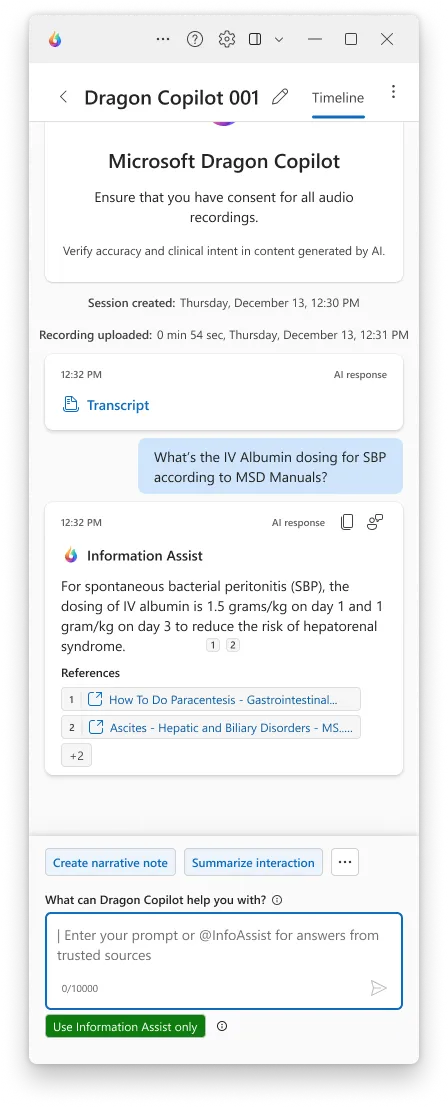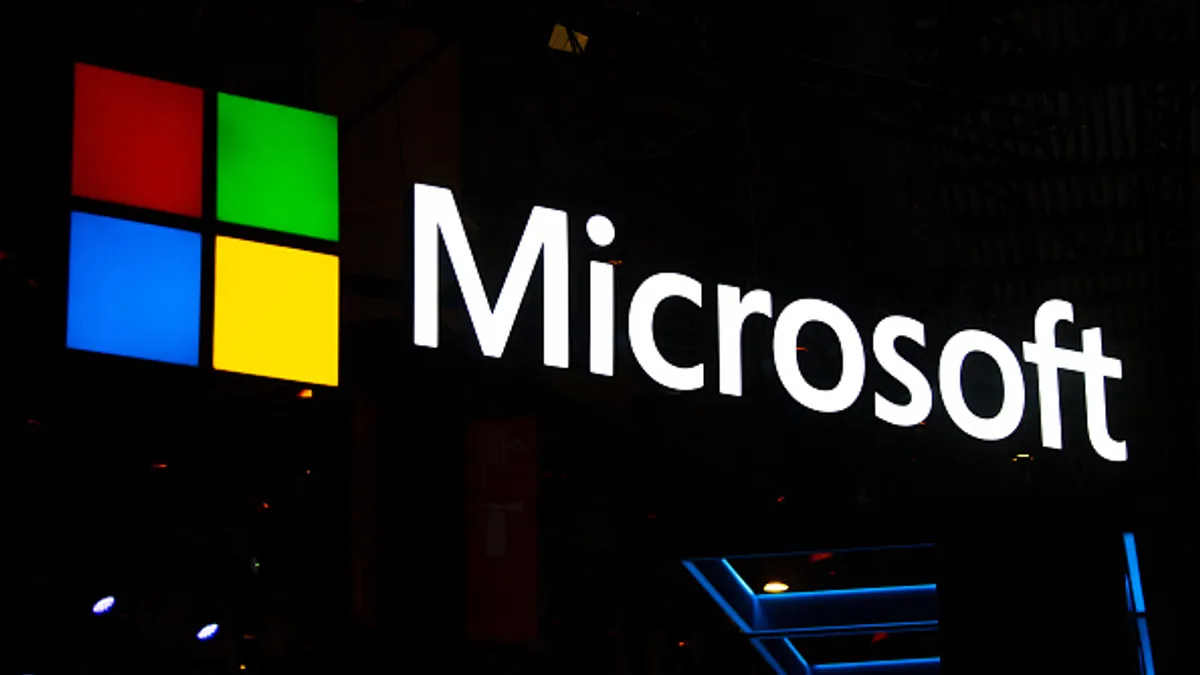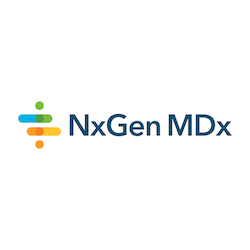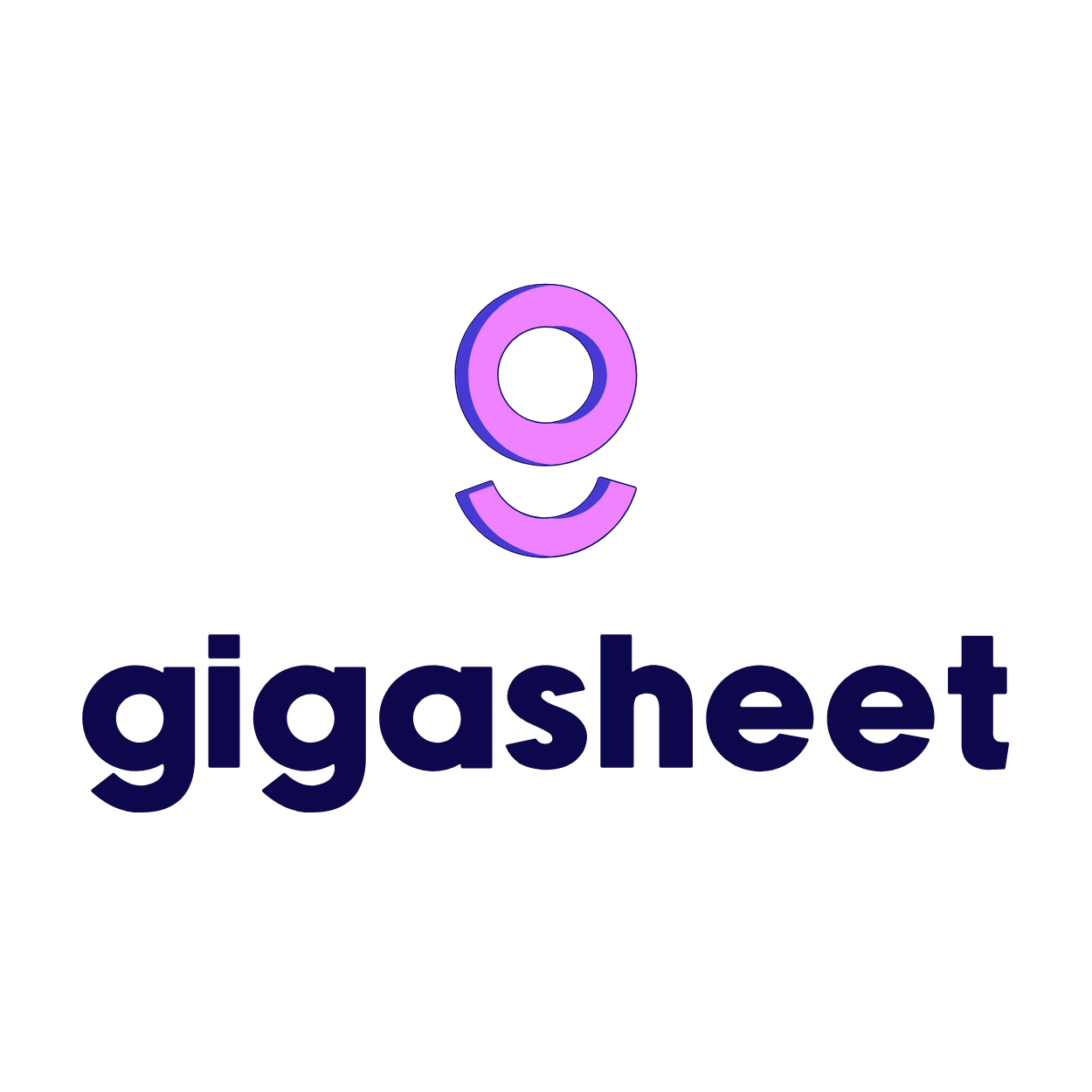Dive Brief:
- Microsoft is expanding its artificial intelligence-backed clinical assistant to include functionality geared towards nurses, the technology giant said Thursday.
- Dragon Copilot, Microsoft’s upgraded AI assistant tool launched this spring, will be able to record nurses’ interactions with patients and help document their care, as well as access medical content or health system protocols, the company said.
- Microsoft collaborated with multiple health systems to build the update focused on nurses’ documentation workflow. “Physicians document very differently,” said Mary Varghese Presti, corporate vice president and chief operating officer at Microsoft Health and Life Sciences. “What we built here for nurses is not a rinse and repeat of that.”
Dive Insight:
Technology firms say AI assistants and documentation tools help clinicians manage an increasing burden of administrative tasks — a long-term concern among providers who say the work distracts from patients and drags into off-hours.
To that end, AI notetaking products have become a popular use case for integrating AI into healthcare delivery.
But the way many physicians document patient care in electronic health records — narratively laying out patient concerns and health information along with next steps — could differ from bedside nurses’ work, given they frequently come in and out of patients’ rooms and have to input data into discrete fields, Presti said.

Using Dragon Copilot, interactions between nurses and patients are automatically arranged into flowsheet documentation for nurses to review, Microsoft said. They can also pause while the assistant is recording to preview and check for accuracy. The review process serves as a guardrail to prevent errors, Presti said.
“The nurse decides, do I want to edit something? Do I want to append something?” she said. “So there’s an opportunity for the nurse to take a look, review and then hit transfer to the EHR.”
Advocate Health, one of Microsoft’s health system partners, began piloting the nurse tool in April with 20 nurses on one hospital unit, before expanding to more nurses, said Betty Jo Rocchio, chief nurse executive at the Charlotte, North Carolina-based health system. Advocate plans to expand the nurse assistant to another hospital next month.
The AI assistant provides more timely documentation, as nurses can more quickly complete notes, she said. Plus, it lessens the cognitive load on nurses and allows them to focus more directly on patients.
“It gives them more time at the bedside with patients forming the relationship,” Rocchio said. “Nobody goes into nursing saying, ‘Wow, I hope I get my documentation. I hope I can spend more time with this computer.’”
The AI tool for nurses will be generally available in the U.S. starting in December, a Microsoft spokesperson said. The technology giant is billing the product as the first commercially available ambient documentation product built for nursing.
The update comes as Microsoft, which acquired documentation firm Nuance Communications for nearly $20 billion about three years ago, has been expanding its suite of AI documentation and clinical assistant products.
Also on Thursday, the technology giant announced it will allow third parties to develop apps and AI agents that integrate directly with Dragon Copilot, including for revenue cycle management, patient experience and virtual care.
For example, Microsoft said it’s working with medical information platforms OpenEvidence and Wolters Kluwer’s UpToDate to offer clinical content within the product.















